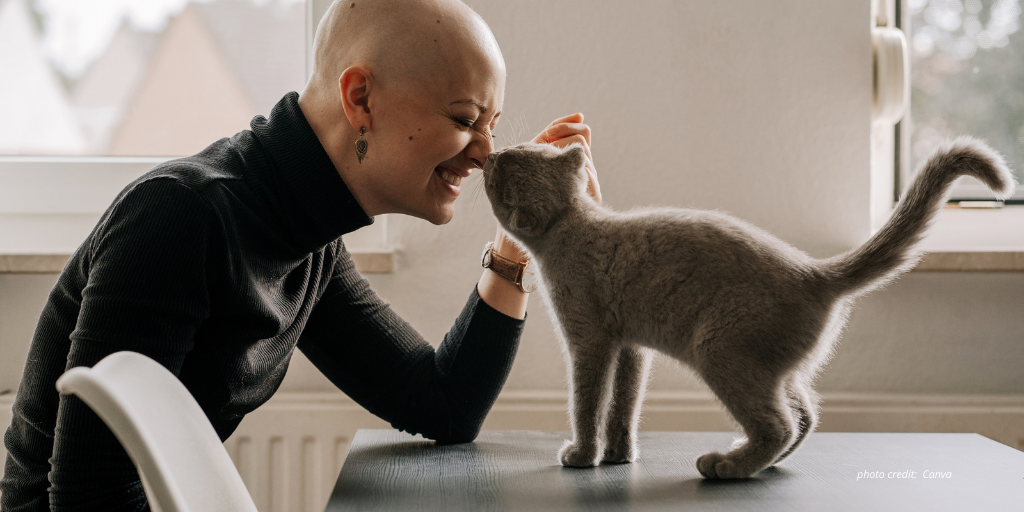The word ‘resilience’ feels poetic to me. There’s art form to resilience, a brilliance that shines when someone has had a life full of experiences that rub away their naivety and youth and leaves them a refined human. This isn’t someone who is better than others, just someone whose life experience has aged their soul in a way that makes their wisdom gleam. They emanate a level of patience that calms and soothes others.
Resilience may teach us a resounding patience that wakes up something profound and rich within our very being. It illuminates our positive qualities and allows us to own our darker qualities without shame.
Perhaps I’m being a tad mythical about anyone who carries a fluent body of resilience , as I consider many people in my life resilient but far from mythical.
What develops resilience in us? From what I understand, it comes from a life well lived; abundant experiences curate that quality. It develops when we deal with any situation (in work, family, social situations, or recreation) that quickly confronts us with any unwanted experience or situation. Basically, we build resilience through stress or challenges that force us to manage our self-control, focus, and desire for control. As we get older we become more sophisticated in how we manage those situations.
Resilience is knowing that we’re unbreakable and that any given situation can either give us resources to lift ourselves up or to pull us into a dark hole. We develop resilience through adversity; we learn to soften our response to the world through experiences that rock our worlds. This is often developed in a hazy mess, as we fumble through rough childhoods, frenetic love affairs, poor choices, unfortunate situations, heartbreak of any kind and serious and traumatic world events – such as a pandemic.
Resilience is the capacity to adapt to negative experiences and recover and heal. How we digest and process our experiences influences our future dramatically. I think I’ve carried an irrational hope; I still do. But when we get taken out at the ankles and lose sight of the ground do you feel like it’s the end of the world or dig in and look for hope that something good will come of it?
I went from feeling broken to being broken open, from feeling like I had nothing to live for to realizing this life is full of potential; I wanted to choose potential over desperation. Who are you in your darkest days?
Resilience is the skill that brings us joy, happiness, contentment and peace. It’s built in some of the most challenging moments of our lives. Who do you want to be? How do you imagine yourself working through the most difficult moments of your life? Who do you wish you had to turn to? What would it take for you to become that person?
Resilience has nothing to do with control, manipulation or disconnection. To develop resilience, we have only one resource, one tool that we can use to build this important skill – our minds.
There’s a lot of research and science that’s been devoted to ascertaining what makes someone resilient. I’m taking these three specific teachings from author and resilience expert, Dr. Lucy Hone. She says these three things will change your life:
- Resilient people know that ‘shit happens.’ They know that suffering is part of life; they seem to know that suffering is part of every human experience. Resilient people don’t believe they’re entitled to some false life filled with only good experiences.
- They have a habit of managing their mind’s focus. They can focus on the things that they can change and accept the things that they can’t. Resilient people don’t tune out the negative, they’ve figured out a way to focus on the good and maintain a regular gratitude practice.
- They check in with themselves – asking themselves, “is what I’m doing helping or harming me?” In any action that you take or that is pulling you into feeling bad, figure out if this is helping or harming you. You get control over your decision making.
She says it’s not that some people are born more resilient than others, although some researches do believe that. She believes that all it takes is a willingness to see things differently and the willingness to choose a different experience. Hone says it’s possible to live and grieve at the same time.
Ask yourself one simple question: what could you do to build your resilience and in turn soften your experience in the world instead of hardening it?
With love, Noëlle

